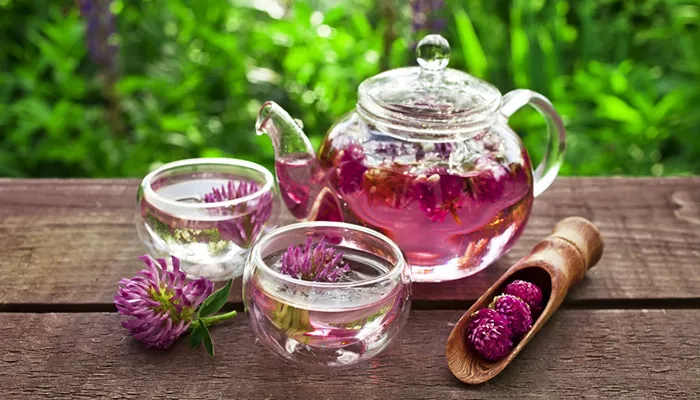Polyphenols are gaining attention for their health benefits. While researchers have studied these plant compounds for years, their potential to improve overall health is now being recognized more than ever.
Recent studies suggest that a diet rich in polyphenols can promote heart health, boost metabolism, and even lower the risk of diseases like Alzheimer’s. There’s also evidence indicating that polyphenols may help slow down skin aging and reduce waist size.
These natural chemicals, which occur in plants, protect them from threats such as insects and UV rays. They also benefit us when we consume them. Polyphenols are found in fruits and vegetables with vibrant colors, including beetroot, blackberries, black olives, and dark leafy greens. Strong-tasting foods like extra virgin olive oil and dark chocolate are also good sources. Tea and coffee are rich in polyphenols too.
Phytonutrients, including polyphenols, come in various forms, like resveratrol in red wine, catechins in green tea, and ellagic acid in walnuts. Each type of phytonutrient serves a unique function in our body. For instance, flavanols in cocoa have been linked to a reduced risk of stroke and heart attacks. Catechins in green tea may positively affect metabolism and waist size. Research on hibiscus polyphenols even shows potential benefits for lowering blood pressure.
“Plants don’t just offer us fiber and vitamins – they provide compounds that can improve our health,” explains Dr. Federica Amati, a nutritionist at Zoe and a researcher at Imperial College London’s School of Public Health.
Dr. Daniele Del Rio, a professor of human nutrition at the University of Parma, Italy, says that studies show higher polyphenol intake is associated with a lower risk of chronic diseases. One such study found that people who consumed more polyphenols had a 46% lower risk of heart disease than those who ate fewer polyphenols.
There’s also evidence suggesting that polyphenols may enhance blood flow to the brain and reduce inflammation, possibly helping combat neurodegenerative diseases. However, much of how polyphenols work within our bodies is still under investigation.
“The mechanisms behind their health effects remain unclear,” says Del Rio. “There’s still a lot of research to be done.”
Recent research has revealed that polyphenols may work their magic by interacting with the microbes in our gut. These microbes use polyphenols as food and transform them into smaller, more absorbable molecules that benefit our bodies. This discovery is opening new doors to understanding how polyphenols protect our health.
Polyphenols gained popularity in the 90s due to the ‘French paradox’ and the compound resveratrol in red wine. Now, with growing awareness of gut health and food’s role in overall wellness, polyphenols are back in the spotlight.
Experts recommend consuming a variety of plant-based foods to get a wide range of phytonutrients, including fruits, vegetables, legumes, nuts, seeds, herbs, and spices. Certain herbs and spices, like cloves and cinnamon, are highly concentrated sources of polyphenols.
For example, cloves contain 16,000mg of polyphenols per 100g, and cinnamon contains 9,700mg. Wild blueberries are often praised for their polyphenol content, but they contain only a fraction of the polyphenols found in more affordable foods like black beans.
Del Rio, who has studied polyphenols for over two decades, believes that, with rigorous research, polyphenols can help us improve our health. While they aren’t a cure-all for chronic diseases, they can certainly contribute to disease prevention through a balanced diet.
Read more:
- Coffee And Tea May Help Prevent Head And Neck Cancers, Research Reveals
- Does Sage Tea Help With Hot Flashes?
- Is Green Tea Good For Hot Flashes?


